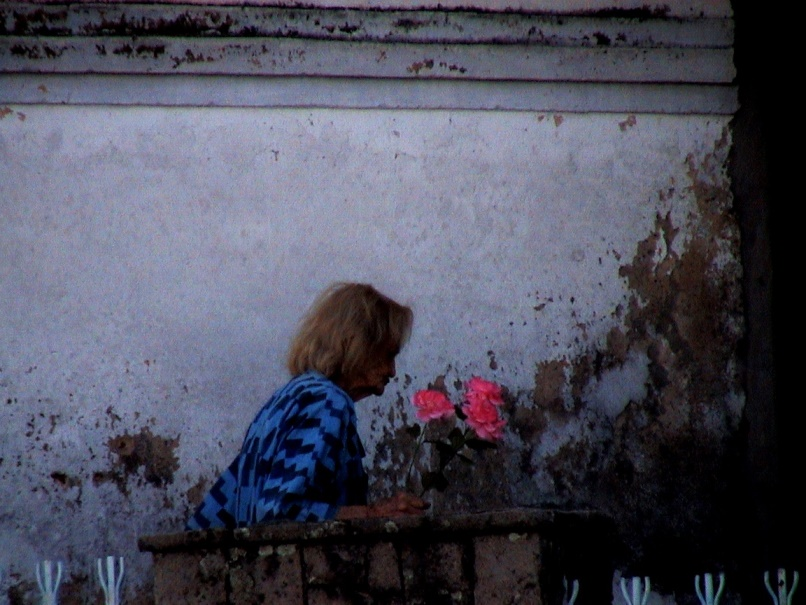O PENSAMENTO CRÍTICO CRIATIVO OSWALDIANO EM "O HOMEM E O CAVALO"
Palavras-chave:
Oswald de Andrade, "O homem e o cavalo", Carnavalização, Sátira Menipeia, ParódiaResumo
O teatro oswaldiano é parodístico e elaborado na perspectiva da proposta antropofágica, que busca, a partir da assimilação e da deglutição de uma cultura do passado, fazer com que o homem se reconheça em seu tempo de modo a poder pensar o futuro. Deste modo, pode-se afirmar que a contribuição de Oswald não se restringe à inovação estética, pois também as “revoluções sociais, políticas e filosóficas” (CURY, 2003, p. 26), estetizadas em sua obra, levam o homem a repensar a sua cultura na perspectiva da formação de uma identidade nacional. Pretende-se, a partir do presente texto, verificar, por meio da alegoria, da carnavalização, da paródia e da sátira menipeia, como Oswald descreve antropofagicamente a sociedade na peça O homem e o cavalo (1934), peça que, em conjunto com A morta (1937) e O rei da vela (1937), pertencente à trilogia da devoração do teatro oswaldiano.
Downloads
Downloads
Publicado
Como Citar
Edição
Seção
Licença
Aviso de Direito Autoral Creative Commons
Política para Periódicos de Acesso Livre
Autores que publicam nesta revista concordam com os seguintes termos:
1. Autores mantêm os direitos autorais e concedem à revista o direito de primeira publicação, com o trabalho simultaneamente licenciado sob a Licença Creative Commons Attribution que permite o compartilhamento do trabalho com reconhecimento da autoria e publicação inicial nesta revista.
2. Autores têm autorização para assumir contratos adicionais separadamente, para distribuição não-exclusiva da versão do trabalho publicada nesta revista (ex.: publicar em repositório institucional ou como capítulo de livro), com reconhecimento de autoria e publicação inicial nesta revista.
3. Autores têm permissão e são estimulados a publicar e distribuir seu trabalho online (ex.: em repositórios institucionais ou na sua página pessoal) a qualquer ponto antes ou durante o processo editorial, já que isso pode gerar alterações produtivas, bem como aumentar o impacto e a citação do trabalho publicado (Veja O Efeito do Acesso Livre).
Licença Creative Commons
Esta obra está licenciada com uma Licença Creative Commons Atribuição-NãoComercial-CompartilhaIgual 4.0 Internacional, o que permite compartilhar, copiar, distribuir, exibir, reproduzir, a totalidade ou partes desde que não tenha objetivo comercial e sejam citados os autores e a fonte.



